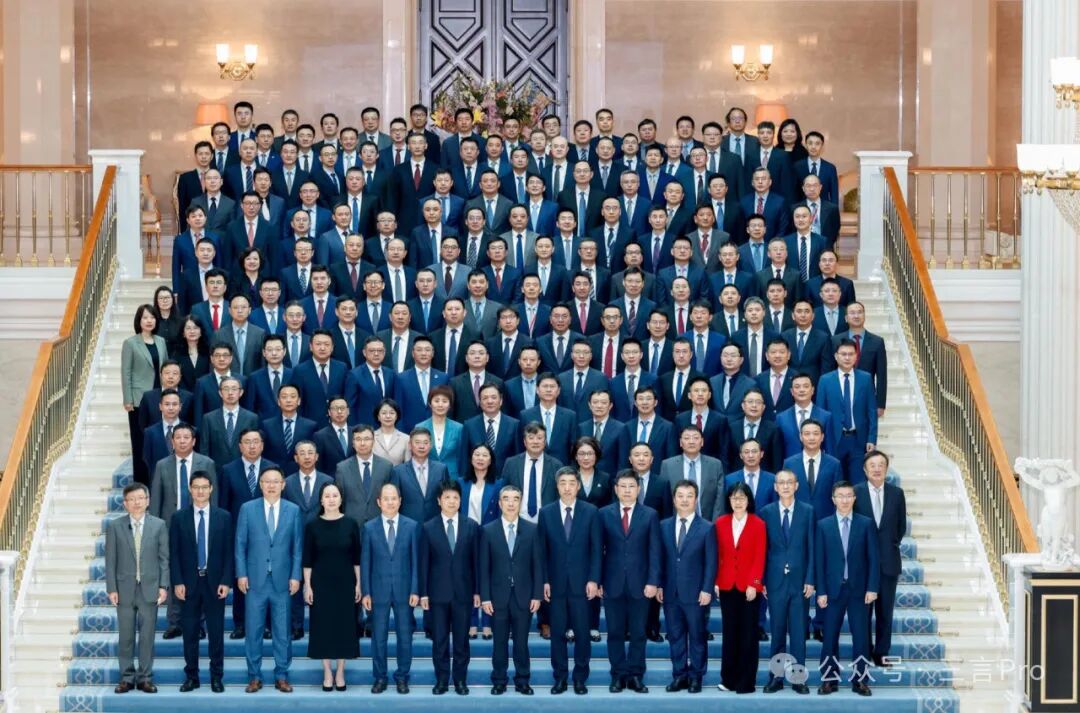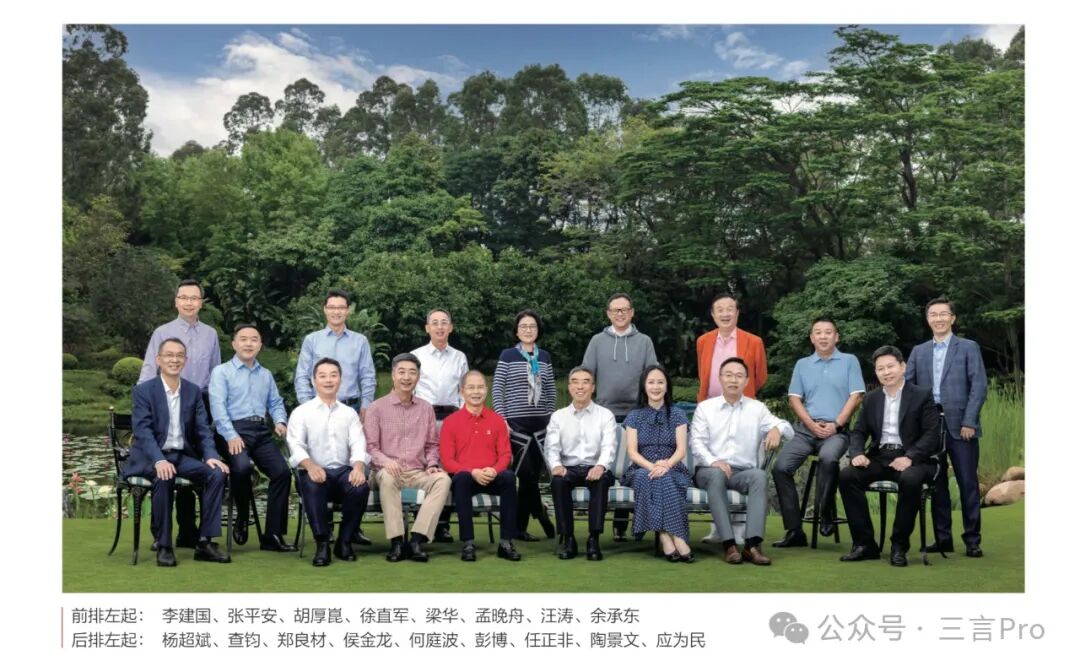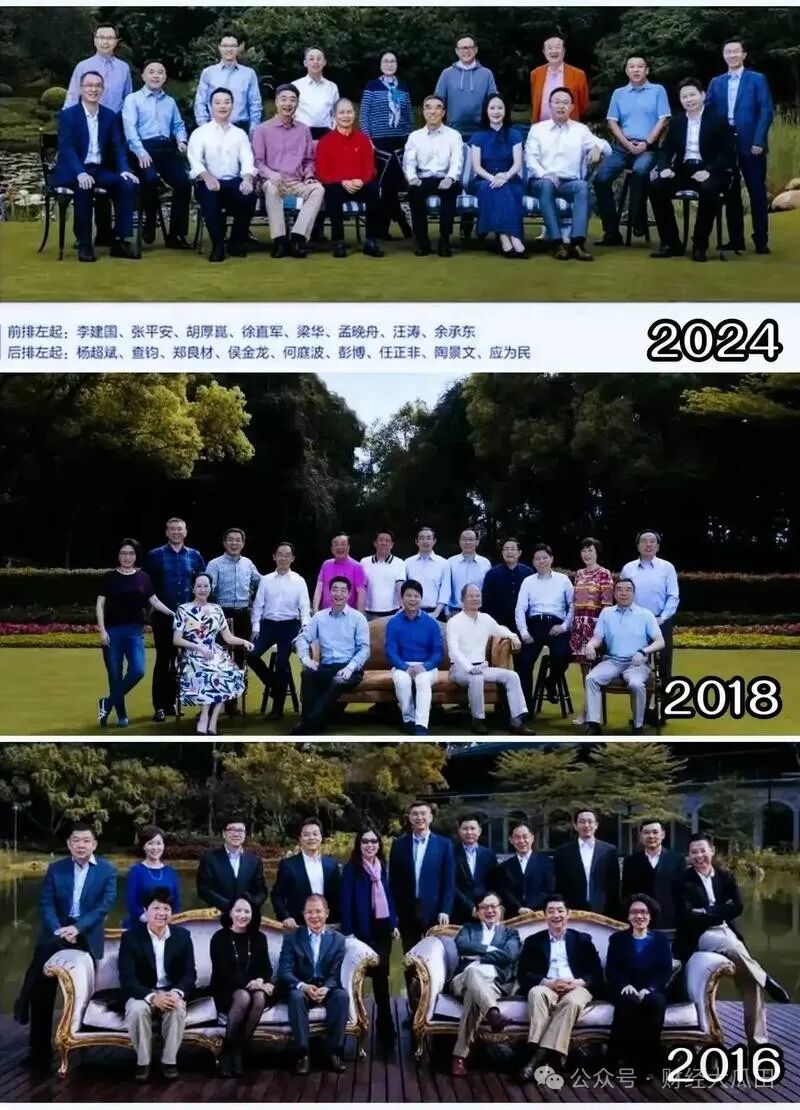Recently, Huawei officially released its 2024 annual report on its website. The report shows that Huawei achieved global sales revenue of 862.072 billion yuan last year, a year-on-year increase of 22.4%; net profit was 62.574 billion yuan, a year-on-year decline of about 28%. In terms of business segments, Huawei’s terminal business, including smartphones and automobiles, grew by 93.872 billion yuan last year.
The annual report includes a speech by Meng Wanzhou and a group photo featuring 161 employee representatives who hold shares.
In the group photo, the center of the front row consists of 13 individuals, including Chairman Liang Hua, along with Guo Ping, Hu Houkun, Xu Zhijun, Meng Wanzhou, and Yu Chengdong. Ren Zhengfei stands in the middle right position of the first and second rows.

The financial report states that in February 2025, the fifth employee representative meeting was held, where 127,909 eligible voting employees cast their votes, counted on a one-share-one-vote basis, resulting in the election of 161 employee representatives and 37 alternate employee representatives.
The current members of the employee representative meeting include:
Liang Hua, Guo Ping, Xu Zhijun, Hu Houkun, Meng Wanzhou, Wang Tao, Zhang Pingan, Yu Chengdong, Zheng Liangcai, He Tingbo, Li Jianguo, Tao Jingwen, Peng Bo, Zha Jun, Hou Jinlong, Yang Chaobin, Ying Weimin, Ren Zhengfei, Li Jie, Chen Lifang, Yao Fuhai, Li Dafeng, Li Yingtao, Ma Qingqing, Song Liuping, Ren Shulu, Tian Feng, Peng Zhongyang, Shi Yanli, Yang Li, Lü Ke, Li Peng, Zhao Minglu, Cao Jibin, Wu Hui, Bai Limin, Li Shen, etc.

The financial report also disclosed a group photo of the board members, where Ren Zhengfei, as a director, still does not occupy the C position. v
v
The “Huawei Basic Law” and the Employee Stock Ownership System
As early as the 1990s, Ren Zhengfei and other Huawei executives discussed the company’s top-level design issues, and the “Huawei Basic Law” is proof of this.
“The capitalization of knowledge and a dynamic property system that adapts to technological and social changes is the direction we continuously explore.” The “Huawei Basic Law” explains the reasons why Huawei implements an employee stock ownership system:
“On one hand, it recognizes exemplary employees of Huawei, forming a community of interests and destiny between the company and its employees. On the other hand, it continuously brings the most responsible and capable individuals into the core of the company.”
According to this philosophy, Huawei’s rules state that over 100,000 employee shareholders elect employee representatives, who (not exceeding 115 members) form the employee representative meeting, which is the institution that fulfills shareholder responsibilities and exercises shareholder rights.
Source: Sanyan Pro
Public companies “without people, money, or office space”! The chairman of a listed company refuses to pay the annual audit fee and demands a standard audit opinion, resulting in a fine of 4 million! Vulnerabilities? The first case of “personal bankruptcy”: 2.14 million in debt, only repaid 32,000, credit restored after 3 years. This kind of “borderline” has harvested how many middle-class individuals who are gritting their teeth to spend money. SKP – China’s top luxury goods mall, is it going to be sold today?!